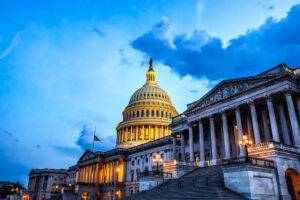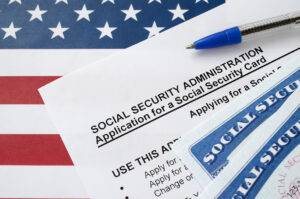
Article at a Glance:
- The CARES Act spelled out that PPP Loan forgiveness was not taxable cancellation of debt income.
- Where does that leave expenses paid with the PPP Loan proceeds?
- According to IRS Notice in Section 265, business expenses paid with tax-free money shouldn’t be deductible.
- The Emergency Coronavirus Relief Act of 2020 provides deductions of eligible business expenses paid with the PPP loan.
- This change is (maybe an efficient) way to give PPP loan borrowers another bit of Coronavirus stimulus through tax savings.
The CARES Act specifically said that the forgiveness of the PPP Loan was not taxable cancellation of debt income. But, what about the expenses paid with the loan proceeds? IRS said in Notice 2020- 32 that §265 disallows any otherwise allowable deduction under any provision of the Code for the amount of any eligible business expense to the extent the expense was resulted in the forgiveness of the PPP loan, “because such payment is allocable to tax-exempt income.” Section 265 provides that, “no deduction is allowed for any amount allocable to one or more classes of income… wholly exempt from the taxes imposed by this subtitle…” In other words, business expenses paid with tax-free money shouldn’t be deductible according to the IRS notice.
The disallowance of the expenses that resulted in the PPP loan’s forgiveness is good tax law, but was this what Congress intended when they wrote the CARES Act in March 2020? Apparently, NO.
New law. The Emergency Coronavirus Relief Act of 2020 provides that “no deduction shall be denied or reduced, no tax attribute shall be reduced, and no basis increase shall be denied, by reason of the exclusion from gross income provided by paragraph (1)” of the CARES Act.
The deduction of eligible business expenses paid with the PPP loan is good news, but why did Congress wait so long to tell our business clients and us? That is a rhetorical question, of course. Actions items:
- If the business has already received notice of the loan forgiveness, move the forgiven loan amount from reimbursement income (a reduction in the deductible amount of payroll expense) to other non-taxable
- If the loan has not yet been forgiven and is still on the client’s balance sheet as a liability when the forgiveness notice is received, move the liability amount to a non-taxable income account. This is perhaps a 2021 journal entry.
Example. Alice received a $400,000 PPP loan. In her 24-week covered period, she spent the entire loan on eligible payroll costs. Alice applied for forgiveness with her lender in November 2020. She received notice of forgiveness on December 1, 2020. At that time, she debited the liability account on the balance sheet and credited a payroll reimbursement account on her income statement. The new law allows Alice to change her bookkeeping to show the loan forgiveness as other non-taxable income. She will be able to deduct the full $400,000 of payroll costs on her 2020 tax return. For Alice, this can represent a $150,000 state and federal tax savings.
Practitioner tax note. This change is an interesting (maybe efficient) way to give PPP loan borrowers another bit of Coronavirus stimulus through tax savings. Not as good as cash, but still something.
DON’T FORGET TO WATCH OUR VIDEO ANALYSIS
Sharon Kreider answers a Q&A about the Urgent PPP News.
Recent Stories



Senate Finance Committee Revisions to OBBBA


California Corner: FTB Experiencing Technical Issues

Next Up...
- |
- TaxByte
- |
- TaxByte
